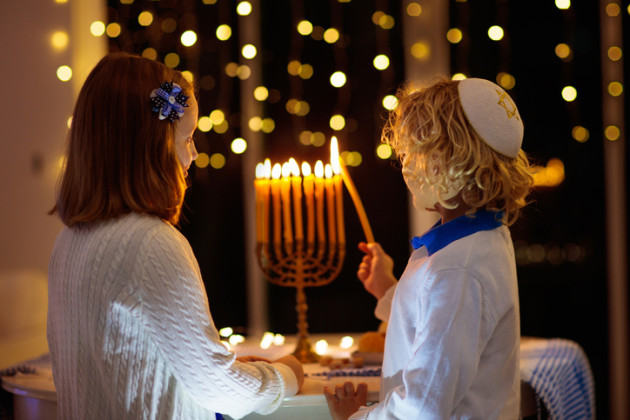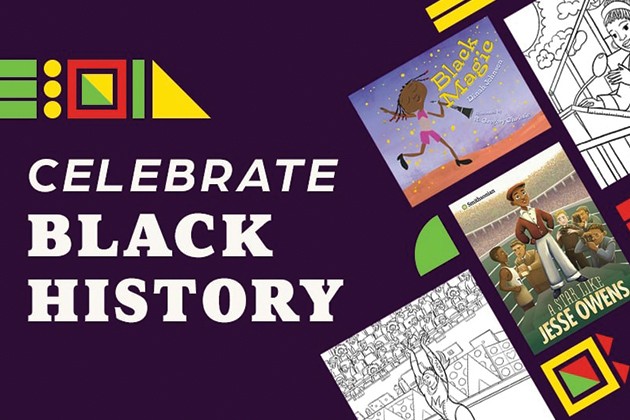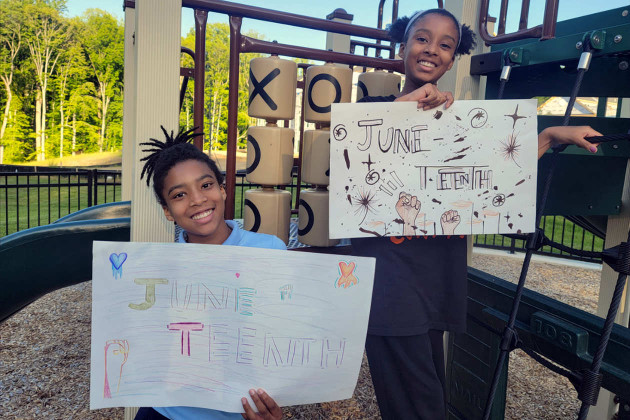How Do You Celebrate: Hanukkah

I love sharing the traditions of Hanukkah with my children and extended family because it’s important to me to pass down the rituals of Judaism that my ancestors have been following for thousands of years. If we don’t share them from generation to generation, there will be no one left to remember these customs.
I find it deeply satisfying to connect with my family history through the lighting of the menorah candles, singing songs and sharing the ancient story of Hanukkah. It’s a nice reminder that even though so much is constantly changing in the world around us, there are some things that will stand the test of time.
Tell us more about the history of Hanukkah.
Hanukkah is a celebration of miracles. All the way back in 168 BCE, the ruler of the Syrian-Greek kingdom, Antiochus, sent his army to destroy the Temple in Jerusalem, which was the holiest spot for the Jewish people of the time. The king had his people erect statues of Greek gods and commanded all of the people to worship these idols. Their goal was to get rid of Judaism and unite the kingdom in following one religion.
However, there was a group of Jews who refused to comply called Maccabees, led by a man named Judah. They waged a war against the Syrian-Greek army that lasted three years. Although the Maccabees were much smaller in number than the Syrian-Greek army, they fought fiercely and were victorious over Antiochus’ men. Some say that is the first miracle of Hanukkah.
We always sing Maoz Tzur, a traditional Hannukah song. I love the sound of our voices blending together to sing something that’s been sung for hundreds of years by our ancestors.
After defeating the Syrians, the Maccabees set out to rebuild the Temple and liberate Judaism so that those who wished to practice could do so freely. As part of their rededication of the temple, they wanted to celebrate the holidays they had missed over the years. When they went to light the temple’s candelabra, also called a “menorah,” they found that there was only enough oil left for the candles to burn for one night. But miraculously, the oil lasted long enough to provide light for eight days of celebration. This is also why Hanukkah is sometimes called the Festival of Lights.
What are your favorite memories of your Hanukkah celebrations as a child?
As a kid, my sister and I loved eating latkes—which are shredded potatoes formed into pancakes and then fried and typically topped with sour cream and applesauce. My mom made the best ones, hot and crispy. And of course, getting presents for eight straight nights in a row was probably my most favorite.
What are the most meaningful Hanukkah traditions that your family observes?
My family now lights the same menorah that we lit in my house growing up. It was a wedding gift to my parents from my mom’s great aunt. After so many years of use, it's covered in wax drippings which I love because it really shows that it’s been used from generation to generation.

Each night after we light the menorah and say the traditional prayer, we always sing Maoz Tzur, a traditional Hannukah song that was thought to have been written in the 13th century. I love the sound of our voices blending together to sing something that’s been sung for hundreds of years by our ancestors.
Tell us about your Hanukkah celebration and preparations.
The traditional Hanukkah foods are potato latkes and sufganiyot–which are jelly doughnuts. It’s customary to eat these fried foods to celebrate the long-ago miracle of the oil lasting eight nights. It’s a little tough to eat so much grease eight nights in a row so we usually just eat latkes one night with dinner and have doughnuts for dessert another night.

Since Hanukkah isn’t a particularly holy day, we don’t go to services for the holiday. But we do light the candles, say the prayers and sing the Maoz Tzur each of the eight nights.
When my kids were younger, we would play games with a dreidel, which is a four-sided spinning top game where you can win or lose chocolate coins called gelt. As teenagers, the boys usually just eat gelt without playing the game.
What would you like other families to know about Hanukkah?
Even though it’s in December and gifts are traditionally given, Hanukkah is not “Jewish Christmas.” There are holier holidays that carry more meaning to the Jewish people, like Rosh Hashanah, Yom Kippur and Passover. However, it’s still a wonderful to time to connect with family and friends, eat delicious food and share gifts.
Spend family time together this Hanukkah with these crafty ideas! Encourage your kids to make one craft each day of Hanukkah or make all the crafts in advance to enjoy them for all 8 days!
In our “How Do You Celebrate?” series, we celebrate diverse cultures and religions through recipe and craft content. We share how families honor their religious and cultural traditions.









